
China’s Travel Rebound Risks Super-Charging Jet Fuel Prices
After years of pent-up demand for leisure and business travel due to the ravages of Covid-19, millions of
2023-08-27 08:50
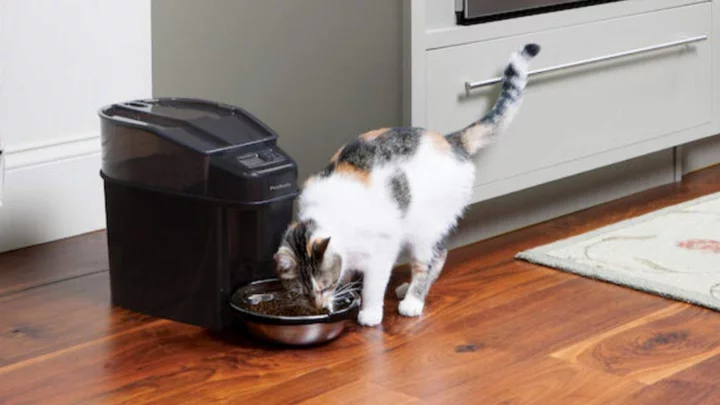
The best automatic cat feeders for your furry friend
If you plan on being away for a couple days or you've started your cat
2023-08-30 19:45

London’s Bars, Restaurants Face $270 Million Hit From Strikes
A wave of strikes on Britain’s rail network and the London Underground will cost bars and restaurants in
2023-07-20 12:15

Court backs French abaya Muslim dress ban in schools
France's top administrative court on Thursday upheld a government ban on traditional over-garments worn by some Muslim women in schools and rejected complaints it was...
2023-09-08 01:18

Work on your public speaking skills for just $24.99
TL;DR: As of October 18, get The 2024 Complete Presentation & Public Speaking Bundle for
2023-10-18 17:56

Pope visit shines light on Mongolia's small but vibrant Catholic community
Local faithful in Mongolia are hoping a historic visit by Pope Francis to the Buddhist minority nation this week will shine a light on the...
2023-09-02 12:51

Texas top court to hear case challenging abortion ban for medical emergencies
The Texas Supreme Court is set Tuesday to hear arguments in a case brought on behalf of 22 women who were denied abortions even though they had serious complications with their...
2023-11-28 09:50

Time Lapse Video Reveals How Long it Takes a Watermelon to Decompose
If you've ever wondered how long it takes a whole watermelon to decay, this timelapse video has the answer.
2023-09-05 05:25
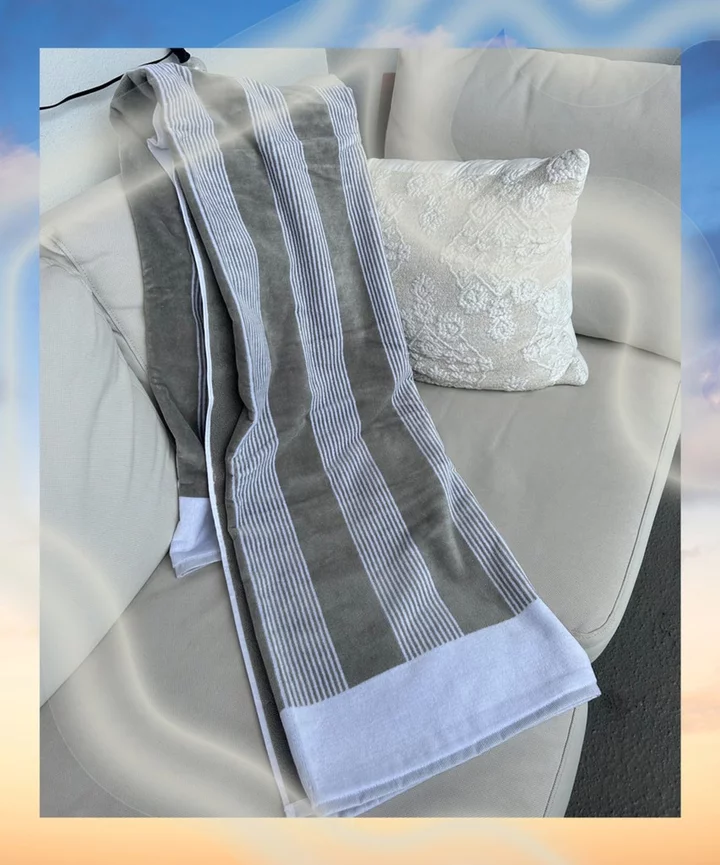
These Beach Towels Are Giving Luxury Resort Vibes — & We’re Here For It
I’m a snob about two things in life: sushi and linens. The first one is…self-explanatory, but my penchant for luxurious towels and sheets is rooted in my belief in everyday luxuries: When you spend a non-insignificant portion of your life either asleep or showering, it’s an understatement to say that those small things add up. And then there are the rarer moments in life, like a tropical vacation, where treating yourself is not the exception, but the rule. Fortunately, when it comes to both beach and bedding, Peacock Alley has you covered.
2023-08-10 05:52

Bargain Airfares Disappear in India as Rivals Get Squeezed
As India’s airline market transforms into a duopoly, ticket prices that have long known to be dirt-cheap are
2023-08-31 09:21

The Oscar Mayer Wienermobile Gets a Beefy New Name for the First Time in Nearly 100 Years
CHICAGO & PITTSBURGH--(BUSINESS WIRE)--May 17, 2023--
2023-05-17 20:27

Ferrari team boss fumes over damage to Sainz car in Las Vegas: ‘Just unacceptable’
An incident with a manhole cover that damaged Carlos Sainz’s car on the Las Vegas Grand Prix track is “just unacceptable”, Ferrari team boss Frederic Vasseur has said. The first practice session on Thursday night (16 November) was cancelled after just nine minutes when Sainz hit a drain cover that had come loose. Vasseur said the car suffered a damaged chassis, engine and battery in the incident, and would miss the second practice session. “I think it is just unacceptable,” he told Sky Sports F1 in the team principal news conference.
2023-11-17 19:22
You Might Like...

40 Plus-Size Swim Pieces You’ll Feel Cool & Confident In
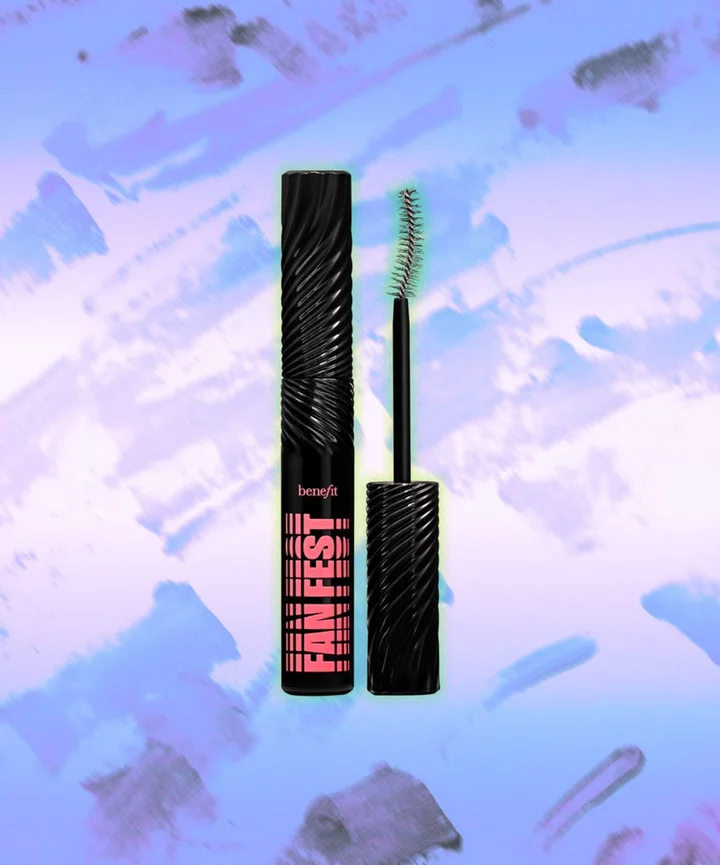
Benefit’s New Mascara Is Already A Fan Favorite Across Lash Types
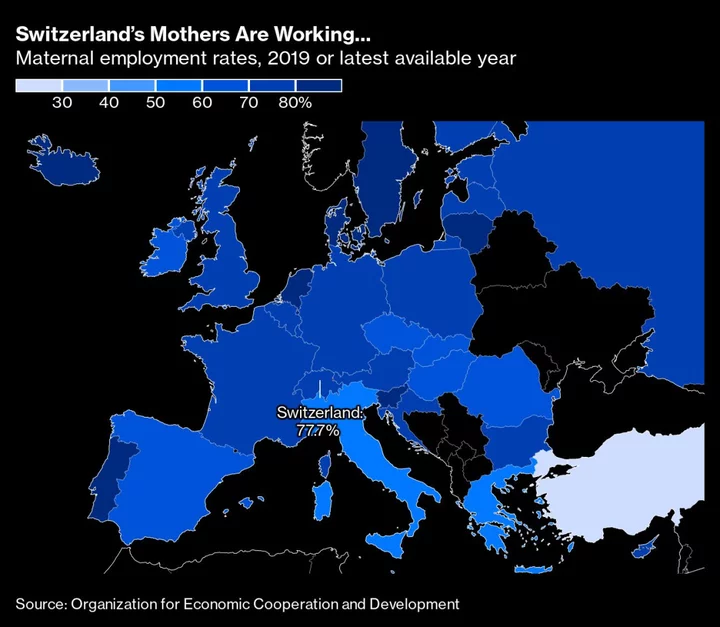
Switzerland’s Economy Relies on Mothers Working Part-Time, at Their Cost

'Elemental' cast on the power of being vulnerable

How does the new Honda Pilot stack up against the 2024 Toyota Grand Highlander?
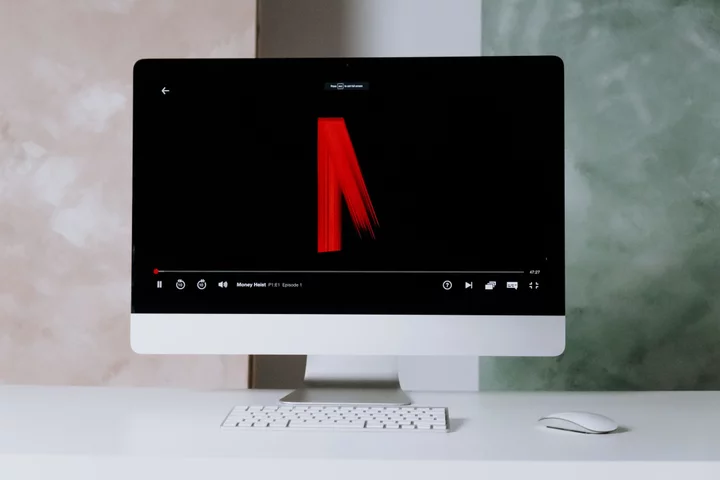
How to unblock UK Netflix from anywhere in the world

The best TVs for under £300

Who is 'Battle on the Beach' star Taniya Nayak's husband? Brian O’Donnell is culinary expert who owns multiple restaurants
